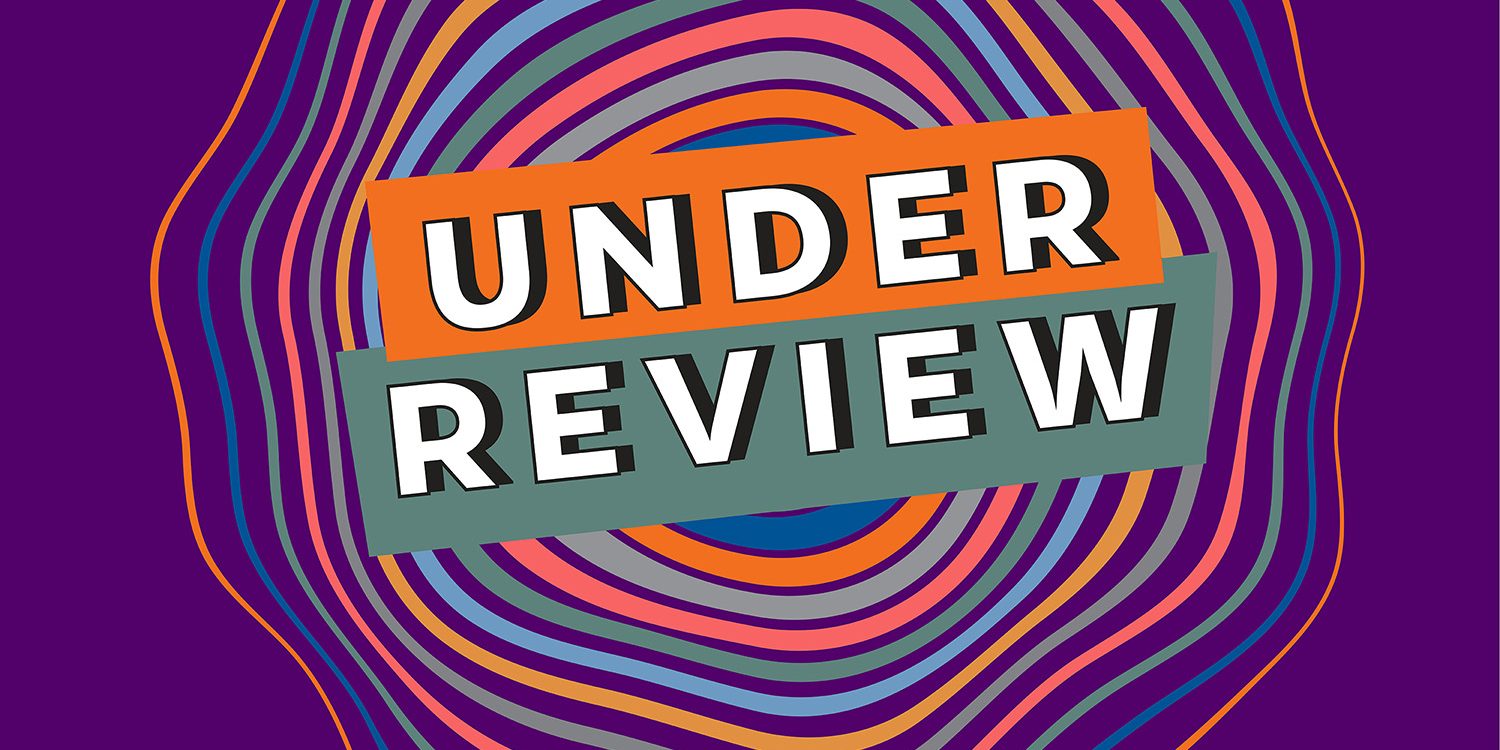Episode Description:
How do we create spaces of care for one another in structures that make us unwell? In this episode, we speak with Dr. Mimi Khuc, a writer, scholar, mental health advocate, and adjunct lecturer in disability studies at Georgetown University. We cover her advocacy for adjunct professors, mental health issues students face in grad school, the silencing of emotions in professional settings, and changing one’s career trajectory during the PhD. Plus, a sound experiment on how it feels to be contingent.
Contact us at humanitiesunderreview@gmail.com.
Episode Resources:
- American Association of University Professors, “Data Snapshot: Contingent Faculty in US Higher Ed”
- American Federation of Teachers, “Army of Temps: AFT 2020 Adjunct Faculty Quality of Work/Life Report”
- “Contingent Faculty Plenary of the Association for Asian American Studies” (April 26, 2019)
- Mimi Khuc, dear elia: Letters from the Asian American Abyss (forthcoming)
- Mimi Khuc, Open in Emergency 2nd Edition
- Ursela LeGuin, “The Ones Who Walk Away from Omelas”
Episode Takeaways
- “I’ve wanted to think about the university as something that students are embedded in and experience unwellness in not simply by coincidence, but by the structures that exist in the university. So how does the university contribute to their unwellness? Well, it’s through ideas about meritocracy and pressures around excellence, right? The individualization of mental health and mental illness actually is part of what makes them unwell.”
- “So I really want to think about, ‘how do we really understand education as a project of care, and how it would look very different if we started there?’ If we start with the idea that everybody deserves care, everybody needs care, and there’s nothing wrong with needing care. Nothing is wrong with you if you need care, because all humans need care. And if we recognize that, how different would graduate education be?”
- “If I had graduate students who I was mentoring, I would want them to explore everything besides academia, to think about how their education can shape the things that they want to do, can contribute to what they want to do, and not how to fit in the trajectory of academia. So the work for me would be to mentor a more expansive understanding of how to apply their skills, but also a more expansive way of dreaming. What is the contribution you want to make? What are the interventions you want to make? What is the stuff you want to create? How do we do that? And how can what we do here in grad school help you do that?”
- “Graduate Student Life is like a kind of adjunctive vacation of its own. The university could not function without exploiting graduate students as their teaching assistants and research assistants. The whole system would fall apart, because that is the cheapest labor possible to get that they can have, they can basically just have tuition remission for graduate students, and then pay them a tiny, tiny, tiny wage to teach so many students. And so I consider graduate students even while in grad school, part of the adjunct class, and then definitely after grad school, so many join the adjunct class, because there’s not enough tenure track jobs.”
- “I would say to graduate students, that you belong, and that you deserve care, and you deserve support for everything that you want to do. And everything in place is going to tell you otherwise. Right? Which then spurs you to do all kinds of things that are awful, right? Because then you feel like you have to prove that you belong and prove that you deserve things…But if you can believe that the questions you have, the kind of work you want to do, the projects are worthwhile, whether or not your advisor recognizes it, whether or not the university recognizes it, whether or not grant funding programs recognize it, then maybe you can start thinking more expansively about how to do that work, beyond the narrow trajectory that those in charge are trying to shove you through. And that’s a conversation I would love to have with graduate students. How do we do cool shit, with the kinds of questions that you have? How do we realize the project you want to do outside of the bounds of the dissertation and the tenure book, the journal article…there are other ways to do the work, to ask the questions, to make stuff, to connect. So how do we figure out how to do that?”






